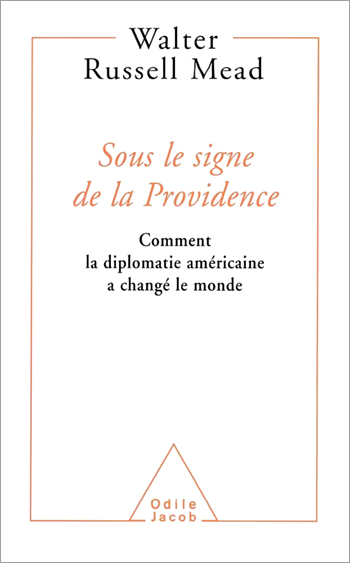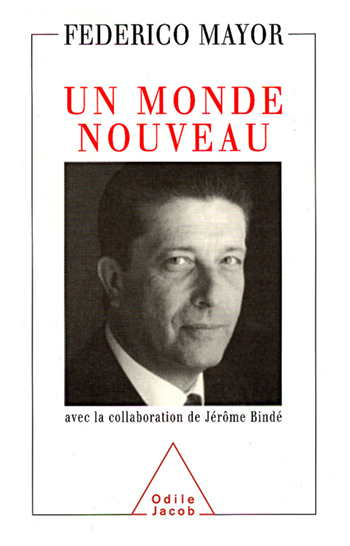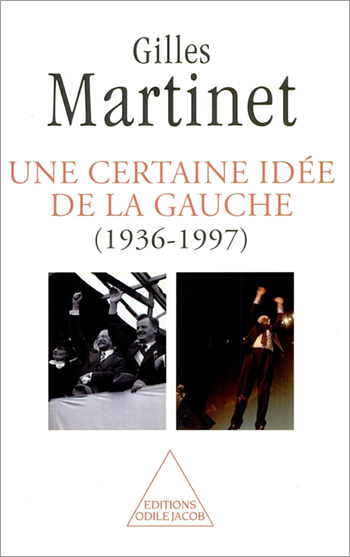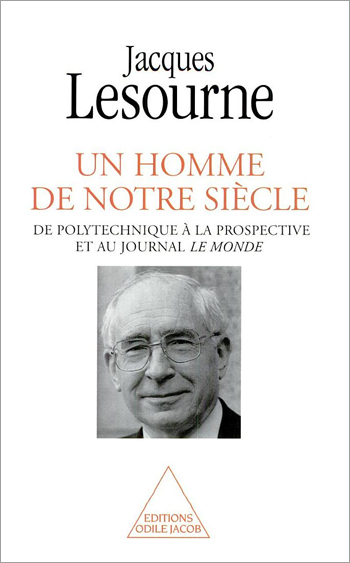Documents All books
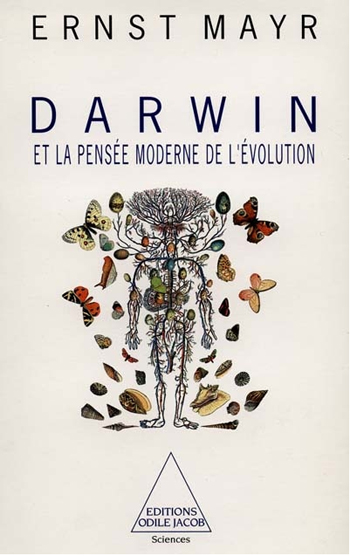
Ernst Mayr
One Long Argument: Charles Darwin and the Genesis of Modern Evolutionary Thought (Questions of Science)
Without Darwin, our knowledge of the living would not be what it is today. But who was really the author of The Origin of Species? Why did these hypotheses lead to one of the most important scientific revolutions of our time? To what questions was Darwin unable to find an answer? Ernst Mayr is a professor emeritus at Harvard University.

André Grimaldi, Didier Tabuteau, François Bourdillon, Frédéric Pierru, Olivier Lyon-Caen
Manifesto for Fair and Egalitarian Healthcare
In the run-up to the French presidential elections, two healthcare specialists denounce the constant and catastrophic deterioration of hospitals in France — and propose effective solutions

John Lukacs
Five Days in London: May 1940
The days from 24 to 28 May 1940 significantly altered the course of the history of the past century. When German troops reached the Atlantic coast, the British counterattack resulted in the disaster of Dunkirk. Europe was on its knees. Britain seemed powerless. For several critical days, at 10 Downing Street, the British cabinet debated whether to negotiate or to continue the war against Hitler. And if the war was to be continued, how would it be fought? What hope was left? Lukacs takes us into the crucial unfolding of these five days that changed history. The events described here provide a lesson in courage as much as in politics. John Lukacs is a former professor of history at Chestnut College in Philadelphia.

Alain Louyot
The Future of the Press
The first investigation and assessment of its kind, in order to propose a viable new business model for the press. An analysis of current mutations in the press around the world, and of their good and bad consequences for readers.
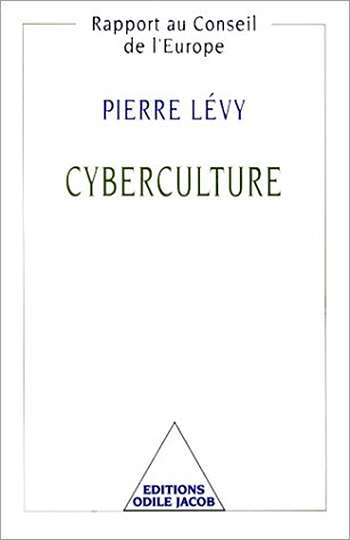
Pierre Lévy
Cyberculture
What is cyberculture? What are the social and cultural implications behind this technical phenomenon? Could it be held responsible for altering our relationship to knowledge? These are some of the questions addressed in Cyberculture, which covers such aspects of new technology as numerisation, navigation, memory, programming, software, virtual reality, multimedia, interactivity, and electronic mail. Written for the non-power user, this is a clear, complete and highly accessible presentation of new technologies, their uses and future stakes. Pierre Lévy is a philosopher who teaches at the University of Paris-VIII, in the hypermedia department.
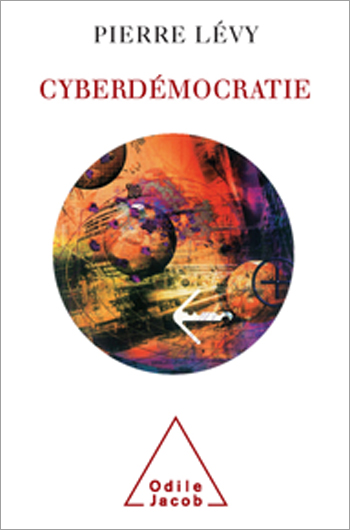
Pierre Lévy
Cyberdemocracy
This book offers a synthesis of the various ways in which the advent of the Internet has transformed daily life in democratic societies, both on a regional and international level," writes Pierre Lévy. This ambitious and down-to-earth analysis is well served by Pierre Lévys style and prophetic vision. He has taken into account the latest and most innovative developments, as well as the political changes brought about by the new information society. Pierre Lévy, a philosopher, teaches at the University of Quebec, in Trois Rivières. He is the author of Cyberculture and World Philosophy.
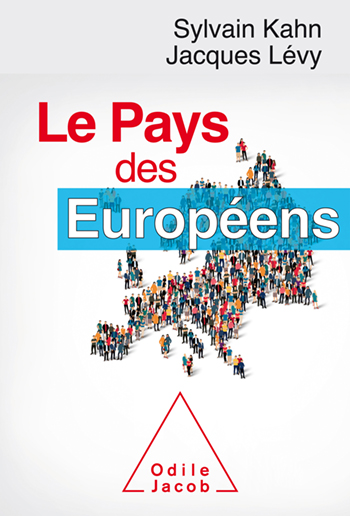
Sylvain Kahn, Jacques Lévy
The Land of Europeans
Contrary to received ideas, this book shows that the European Union, far from keeping peoples under glass, is made along with them. And if they are the first to criticize European public policies, so much the better!
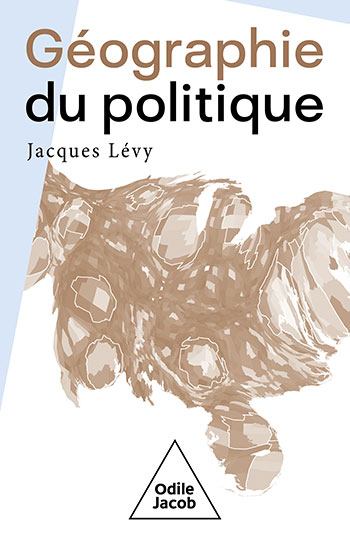
Jacques Lévy
The Ethical Turning Point and the World Society
A fascinating and ambitious book, which gives back meaning to disparate and disturbing realities: the rise in protectionisms and nationalisms, the exacerbation of radicalisms by social networks, ecological and health challenges, etc…
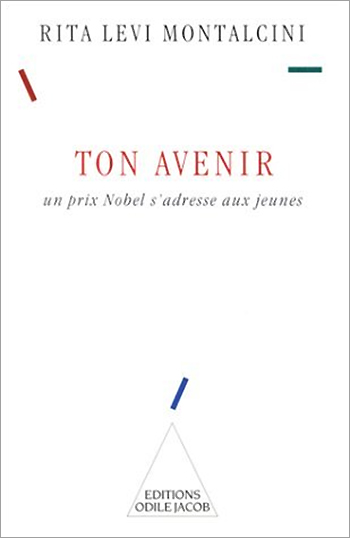
Rita Levi Montalcini
Your Future A Nobel Prize which speaks to young people
When a great scientist makes a point of getting through to young people and those around them.... When a Nobel prize brings within everyones reach all the key principles of biology.... When an exceptional woman passes down to new generations the values on which she has based her life.... Science with a conscience ! Rita Levi Montalcini recieved the Nobel Prize for Medicine. Born in Turin, but forced from Italy by the Fascism, she has for many years taught in the United States.

Rita Levi Montalcini
Praise of Imperfection New Edition
Rita Levi Montalcini's life has been entirely dedicated to scientific research. She grew up in a tightly knit Jewish family and studied medicine in Turin. Forced into inactivity by the racist laws of Fascist Italy, she set up a makeshift laboratory in her bedroom and began studying the development of the nervous system. Her research, which she completed in the United States after the war, led to the discovery of the nerve growth factor whose role is to stimulate the growth of nerve fibres. Her autobiography, written with warmth and simplicity, traces the progress of her life, including being awarded the Nobel Prize for Medicine.
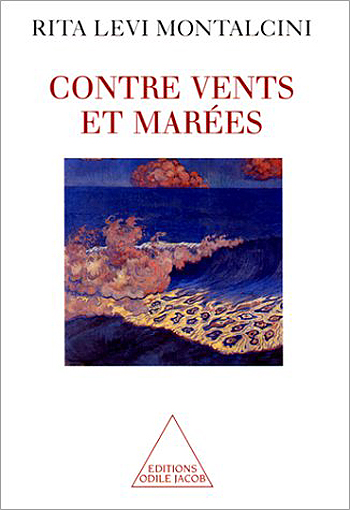
Rita Levi Montalcini
Against All the Odds
What do Primo Levi, the author of one of the most powerful accounts of life in a Nazi death camp, and Max Delbrück, one of the founding fathers of molecular biology, have in common? The answer is that they--as well as the others described in this book--were able to face the trials and tribulations of their lives with exceptional courage, and without losing their sense of humanity. Through a series of portraits, drawn with great warmth and restraint, Rita Levi Montalcini recounts the course of several exemplary lives. Rita Levi Montalcini taught neurobiology at Washington University for thirty years.


